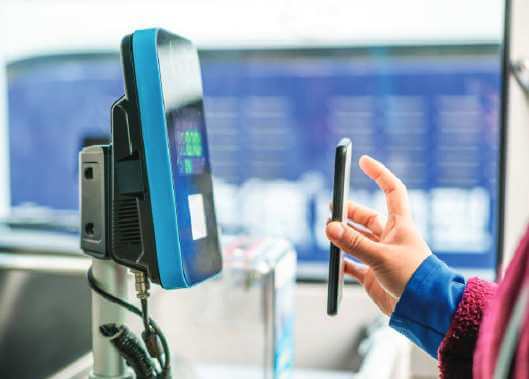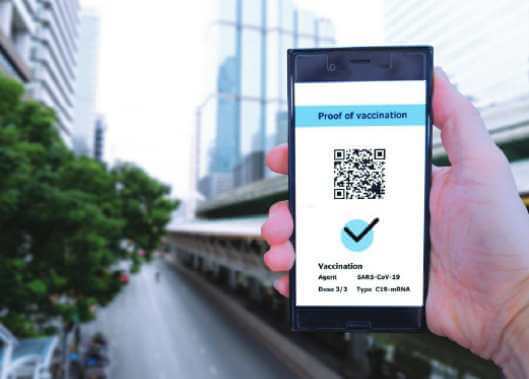In an increasingly digital world, the travel industry has undergone significant transformations. With the rise of online bookings, remote check-ins, and contactless payments, the need for robust security measures has become paramount. This is where blockchain technology steps in, offering secure payment processing, transparent supply chains, and reliable identity verification. In this blog, we will delve into how blockchain is revolutionizing the travel sector, enhancing security, and redefining the way transactions are conducted and identities are verified.












